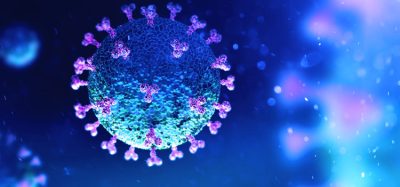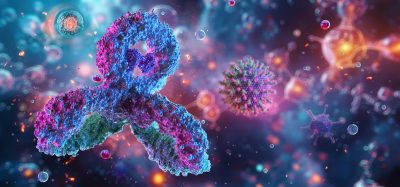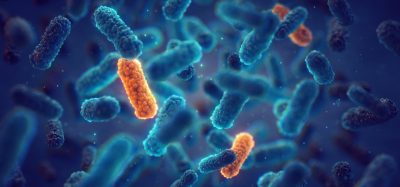Neutralising COVID-19 therapeutic antibodies
Posted: 24 March 2023 | Taylor Mixides (Drug Target Review) | No comments yet
The Omicron variant of the SARS CoV-2 virus has previously had a number of break-through infections. However, researchers have discovered that antibodies present in previously infected patients can neutralise variants of the COVID-19 disease.


Researchers at the Yong Loo Lin School of Medicine from the National University of Singapore (NUS medicine) led a joint study conducted by the BSL-3 Core Facility, Singapore, and Tsinghua University, China, to come up with new vaccine strategies for COVID-19.
The study, published in Nature Immunology, provides evidence to support the virus receptor protein in the antibodies as a viable and possible target for new vaccine strategies against the SARS-CoV-2 virus. In addition, the study investigates how broadly neutralising antibodies acquire their ability to neutralise all variants of SARS-CoV-2 tested.
SARS-CoV-2 variants, such as the Omicron variant, are highly capable of evading the host immunity. Vaccines based on original wild-type strain of SARS CoV-2 have less protection against newer variants. For those vaccinated, this leads to break-through infections and continues to be highly infectious among non-vaccinated individuals.
There is uncertainty whether new emerging variants of the COVID-19 disease can avoid the protective immune response generated by vaccines, and if the pre-existing antibodies present in patients who have recovered from COVID-19 can be neutralised.
The researchers planned to isolate and study the neutralising antibodies from the unique features of broadly neutralising antibodies present in nine individuals infected with the original wild-type strain of the SARS CoV-2 virus.
A comprehensive analysis revealed that these antibodies have unique structural and biochemical features, which are naturally strong binders to the receptor binding domain on the virus surface, facilitating the uptake of the virus into human cells. These antibodies can block the binding of the virus onto the surface of human cells, preventing infection of the human cells.
“The next part of our study aims to understand how the memory immune cells that produce these broadly neutralising antibodies will be crucial for developing next generation vaccines, that can selectively enhance the production of such highly effective and broadly neutralising antibodies,” reported Associate Professor Justin Chu, principal investigator of the study.
The neutralising antibodies demonstrated protective effects in the laboratory studies. There were no detectable levels of the virus in the lung and brain tissues when tested with the Beta variant, and the neutralising antibodies provide protection from severe disease outcomes. Similar protective functions were demonstrated using the Omicron variant, leading to no loss in weight or disease symptoms.
In addition to the vaccine booster taken by past infected patients, it is likely that these antibodies contribute to hybrid immunity against the variants. These results show that a natural infection with the wild type of SARS-CoV-2 virus could create broadly neutralising and protective antibodies, providing individual protection against infection from the Omicron subvariants.
Related topics
Antibodies, Covid-19, Drug Targets, Targets, Therapeutics, Vaccine
Related conditions
Covid-19
Related organisations
National University of Singapore's Yong Loo Lin School of Medicine, Tsinghua University
Related people
Associate Professor Justin Chu








